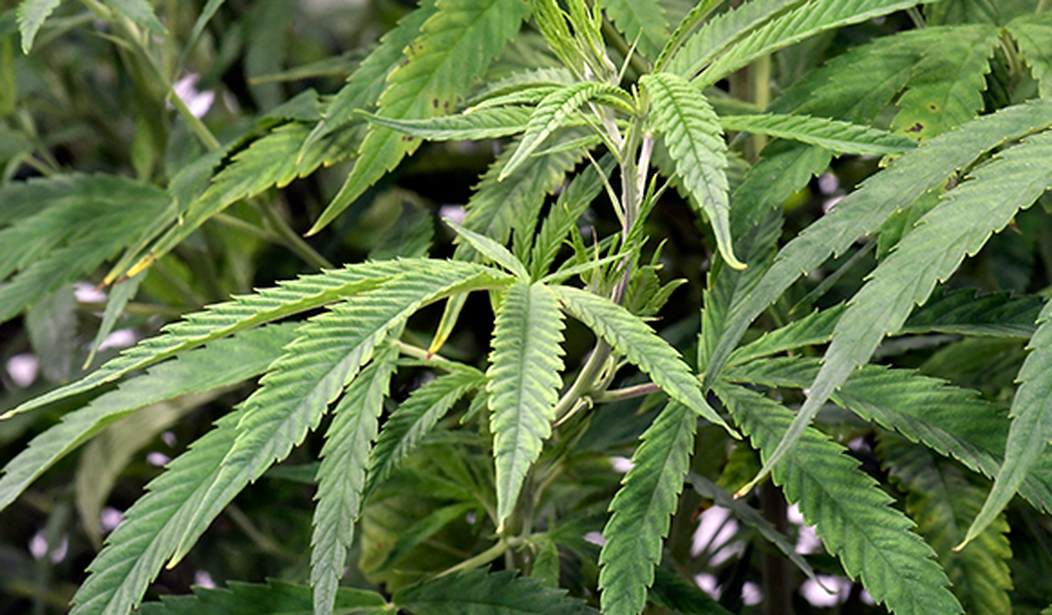Adult use of medical marijuana is legal in 39 states and the District of Columbia but is illegal at the federal level. The pending legislation in the Senate, known as the Secure and Fair Enforcement Regulation (SAFER) Banking Act, would fix this discrepancy. It offers a middle ground that would end cannabis’ prohibition on using banking services while maintaining the federal position.
I was a member of the U.S. Marshals Service for 23 years, retiring as the U.S. Marshal for the Middle District of Pennsylvania. I was elected as a Republican to the Pennsylvania Senate in 2016, where I chair the Law and Justice Committee. As a result, I am acutely aware that cannabis banking is not just about financial transactions; it's about crime prevention.
When I first joined the Marshals Service, I was assigned to duty in the Southern District of Florida at the height of the drug war. I came across drugs of all sorts and cash troves seen in the movies. Today, cannabis businesses are prime targets for criminal activity. The threat of violence in dispensaries has been highlighted in the news for years. By giving cannabis businesses access to banking services, the U.S. government can reduce the risks associated with the now almost-exclusively cash transactions, which often make these businesses targets for crime. I know for a fact that criminals would rather steal the cash than steal the drugs.
Prohibiting cannabis companies from accessing essential banking services hampers business growth in addition to heightening security concerns. The SAFER Banking Act seeks to end these hazards by integrating legal cannabis businesses into the national banking system.
By granting access to traditional banking services, SAFER would dramatically reduce the reliance on cash. Allowing deposits, transfers and access to credit would stabilize cannabis-related operations and provide now-absent opportunities for expansion. Financial integration would instigate growth, help the businesses scale up, enhance their services, and compete more effectively.
Recommended
The SAFER Banking Act has its detractors. Some argue the measure doesn't go far enough toward full legalization. I, for one, favor legalization. But what these critics fail to see is that SAFER Banking is an important step that addresses pressing financial and security concerns while laying the groundwork for potential future legal adjustments.
The SAFER Banking Act enjoys bipartisan support in Congress. Senators on both sides of the aisle have lamented the confusing, counterproductive, and disparate federal and state cannabis laws.
SAFER Banking, recently renamed from Secure And Fair Enforcement (SAFE) Banking Act, has been endorsed by a wide range of stakeholders from major financial institutions to community banks.
The U.S. House of Representatives repeatedly passed the bill. Now it’s the U.S. Senate’s turn. Senators must overcome their reservations. Without banking services, the economic impact of the growing, legal cannabis industry has been stifled. People are losing out on jobs and state governments are losing tax revenue, particularly in Pennsylvania, where experts have testified that monthly revenues in the elicit market exceed $250 million a month. Senate leaders should prioritize the SAFER Banking Act to harness the industry's full potential for economic advancement and the expansion of state-government services.
Federal lawmakers need only look out their windows to see the urgency of passing the bill. An employee of a cannabis dispensary in northwest Washington, D.C., recently was shot and killed during a robbery. The legislation isn’t just about dollars and cents. It’s about ensuring the safety and well-being of individuals in communities across the nation.
Supporting the SAFER Banking Act is more than a regulatory adjustment. It offers the Senate an opportunity to lead on a vital issue and protect an emerging economic sector. It’s time for transformative action that will permit a safer, more prosperous future for legal commerce in cannabis.
State Sen. Mike Regan represents Pennsylvania’s 31st Senatorial District covering parts of Cumberland and York counties.

























Join the conversation as a VIP Member